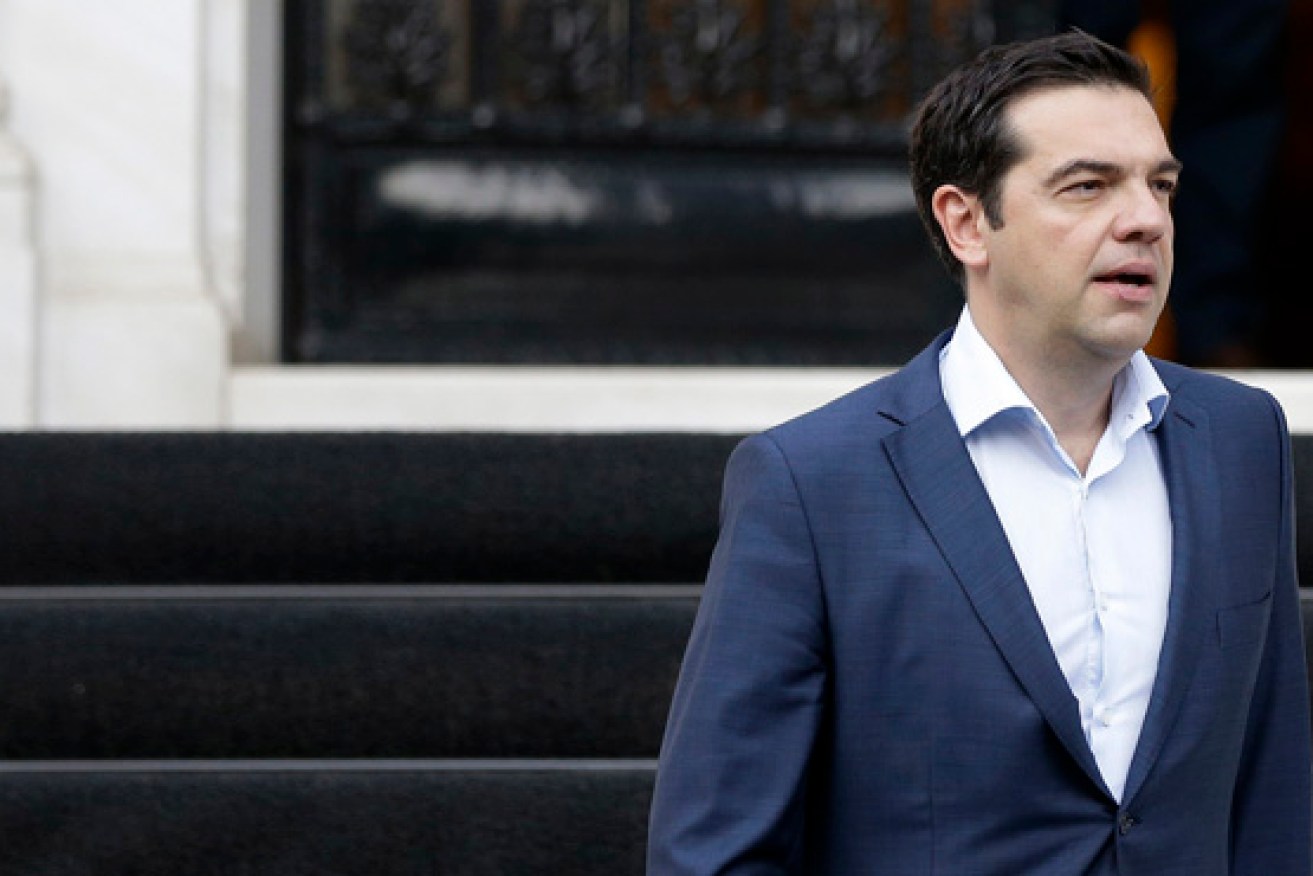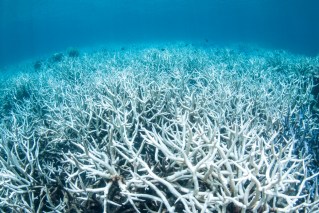‘No extra money for you’


AAP
Germany has dismissed Greece’s bid to clinch a quick new debt deal, a day after Greeks voted ‘no’ to austerity.
The European Central Bank, which has been funding Greece’s debt repayments, announced it would not give the embattled nation extra money.
Greek banks will reportedly run completely dry of cash on Tuesday.
• Greek finance minister resigns
• Aussie dollar plummets to six-year low
• What the Greek ‘No’ vote means
Prime Minister Alexis Tsipras is expected to unveil his government’s proposals on Tuesday for a third bailout at a hastily-arranged emergency summit of the 19 Eurozone countries in Brussels.
Meanwhile, Greece’s Finance Minister, Yanis Varoufakis, who had infuriated European counterparts by lashing demands for economic reform and welfare cuts, announced he was stepping down to try to ease friction with creditors.
French President Francois Hollande said the door was open for discussion, after a crisis meeting in Paris with German Chancellor Angela Merkel.
“It is now up to the government of Alexis Tsipras to make serious, credible proposals so that this willingness to stay in the Eurozone can translate into a lasting program,” Mr Hollande said.
Ms Merkel, speaking alongside Mr Hollande, said the conditions for a new Greek rescue package “have not yet been met”.
“And that is why we are now waiting for very precise proposals from the Greek Prime Minister, a program that will allow Greece to return to prosperity,” Ms Merkel said.
She said Eurozone countries had already shown “a lot of solidarity with Greece”.
Authorities on Monday extended an eight-day bank closure amid fears cash machines in the country were running dry.
Former Finance Minister Mr Varoufakis was replaced by Euclid Tsakalotos, a much more discreet junior foreign minister and economist who has been Greece’s pointman in the negotiations with creditors.
“We want to continue the discussion … I believe something can change in Europe,” Mr Tsakalotos said.
Positions among Greece’s 18 partners in the Eurozone vary ahead of Tuesday’s summit.
Germany, Finland, Slovakia and the Baltic states have taken a notably harder line, whereas France, Italy and Spain have adopted a more conciliatory tone.
Despite its tougher approach on debt relief, Germany said on Monday that Eurozone leaders should discuss humanitarian aid for a country fatigued by years of belt-tightening and chronic unemployment.
– with AAP








